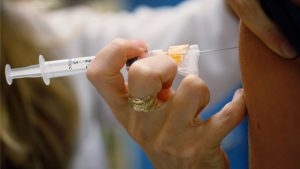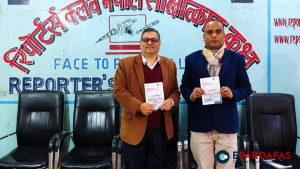
Every Day, 73 Nepalis Die Due to Tobacco Use

In a compelling revelation, General Secretary Purnabhakta Duwal of the Right to Health and Tobacco Control Network Nepal highlighted the grave health menace posed by tobacco consumption, claiming the lives of approximately 73 individuals daily across the nation. During an event at a local school, Duwal disclosed these alarming figures, emphasizing the colossal economic toll as well, which amounts to a staggering 47 billion rupees each year due to tobacco-related issues.
The remarks came during the launch of a school-level awareness campaign initiated by the Youth Creative Society last Friday, aimed specifically at deterring tobacco usage among the younger demographic. This effort aligns with existing legislation under the Tobacco Products Regulation Act, which strictly prohibits selling tobacco to minors under the age of 16 and bans the use and sale of tobacco products within 100 meters of schools.
Dr. Aditya Ranjit from Ganeshman Singh Memorial Hospital, who spoke at the event, urged students to actively participate in spreading the anti-tobacco message. He pointed out the dire consequences of tobacco use, which include a spectrum of severe health conditions like cancer, diabetes, heart disease, and asthma. Dr. Ranjit further advocated for a comprehensive ban on smoking in public places to mitigate secondhand smoke exposure, which harms not only the smoker but also those around them.
Adding to the discourse, Sharada Lama, President of the Youth Creative Society, underscored the importance of sensitizing students to the dangers of early-age tobacco addiction. Lama’s remarks resonated with the campaign’s objective to shield the youth from falling prey to tobacco’s lure.
The school-level campaign is set to include workshops, interactive sessions, and informational pamphlets aimed at fostering a robust anti-tobacco sentiment among students. The program seeks to empower students with knowledge and tools to combat tobacco use within their communities, reinforcing the critical role of education in public health advocacy.












Comments